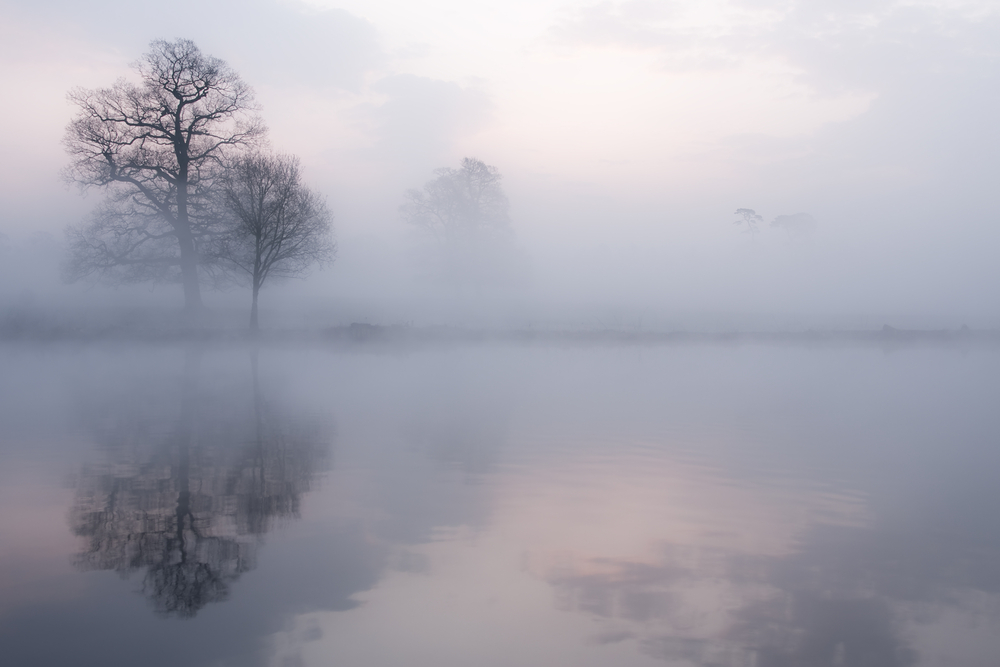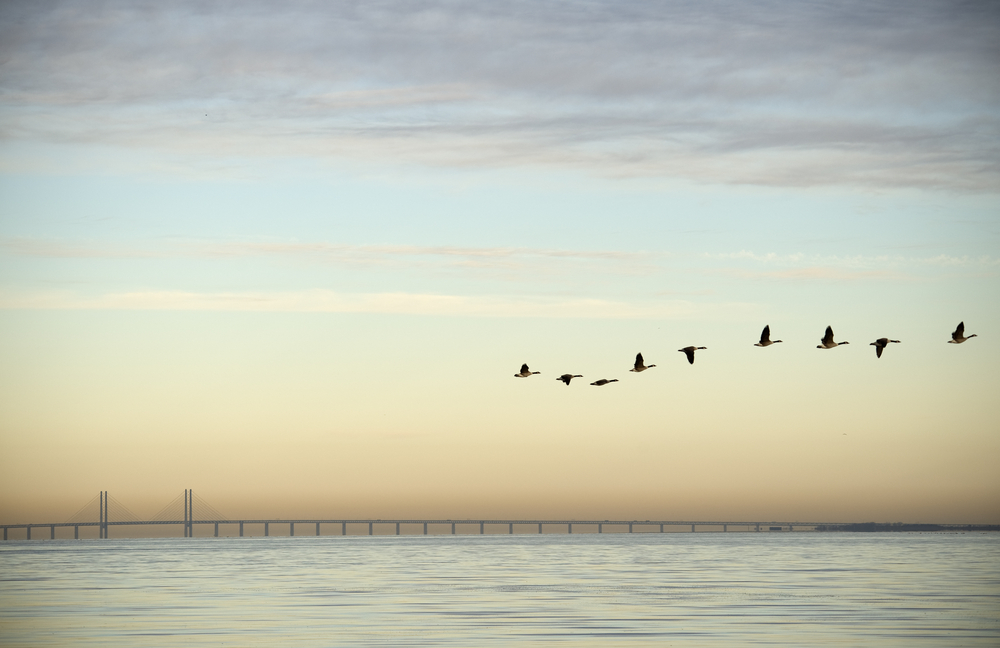When we learn about doubt in meditation, we can then learn to face doubt wisely in our life. Here’s how to start: begin by looking at doubt carefully and with detachment. Have we ever really observed the voice that says, ‘‘I can’t do it. It’s too hard. It’s the wrong time to meditate. Where is this getting me anyway? Maybe I should try some other practice?’’ What do we see? Doubt is a string of words in the mind, often associated with a subtle feeling of fear, unworthiness, and resistance. When we become mindful of doubt as a thought process, when we simply acknowledge it, ‘‘doubting, doubting,’’ and when we do not become involved in its content, a marvelous transformation occurs: doubt itself becomes the source of understanding.
Watching doubt, we can learn a great deal about the impermanent, ungraspable nature of the mind. We also learn about what it means to be identified with and caught up in our moods and states of mind. When we are caught up in doubt, there is a great deal of suffering. And then in a mindful moment, when we simply acknowledge doubt without grasping, with loving awareness, our whole mind becomes freer and lighter.
When we are caught in doubt, it is hard for the mind to focus; our thoughts run all over the place, considering too many possibilities, and we remain indecisive. A support for clarity is to come fully back to feel our body here in the present moment, with a degree of firmness and steadiness. Grounded in our body, we can acknowledge the doubting mind as a state and not the reality. Gradually, this simple mindfulness of doubt dispels confusion. Sometimes if we are still muddled in it, doubt can be overcome by developing faith. To strengthen faith in meditation, we can reflect on the inspiration of the hundreds of thousands of people in the spiritual life who have followed the path of inner awareness and practice before us. It has been valued by every great culture. To live with great wisdom and compassion is possible for anyone who genuinely undertakes a training of their heart and mind. What better thing to do with our life?
In the same way, when we doubt ourselves before starting a new venture, a new relationship, or taking the next big steps in our lives, we can reflect on how many others have started businesses, new ventures, new relationships, and done so in spite of doubts. Let it be an adventure, an exploration, and willingly plunge into possibility. This is how we learn and grow. We can say “Thank you doubt for trying to protect me, but I want to live with a sense of adventure and not regrets. Let me follow my dreams, creativity and heart, and see what happens.”
Our personal doubts are sometimes called small doubts. After some practice we can learn to acknowledge the doubting mind without being caught in it. Then we will discover a deeper, more useful form of doubt, called the Great Doubt. This is a deep desire to know our true nature or to understand the meaning of love or freedom. The Great Doubt asks, ‘‘Who am I?’’ or ‘‘What is freedom?’’ or searches for the end of suffering. This doubt is a source of energy and inspiration, a spirit of true investigation and inquiry. Learning to work with doubt is essential to enliven and deepen our meditation practice, and to keep our whole lives and hearts free and open in this great adventure of living.





